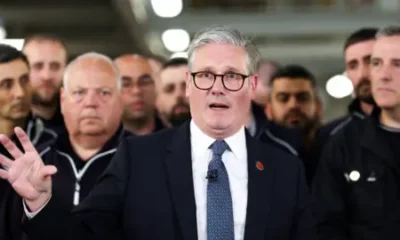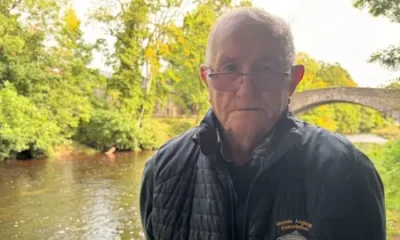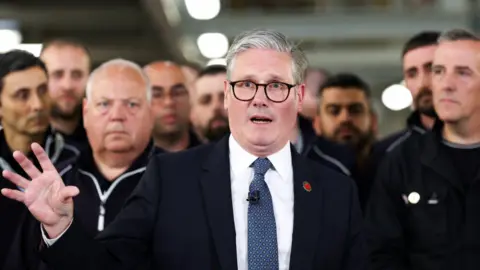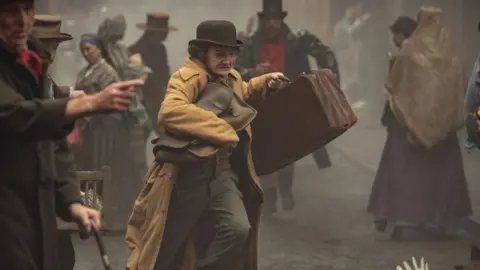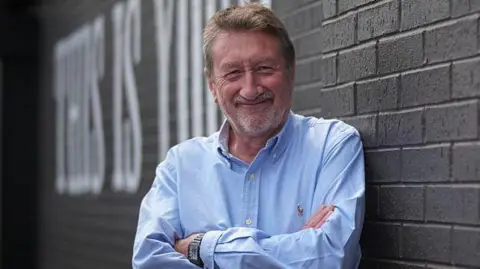TAOISEACH MICHEÁL MARTIN has ruled out the expansion of the First Home Scheme to second-hand homes in this year’s Budget.
Speaking to The Journal in New York, where he is attending the United Nations High Level Week, the Taoiseach confirmed the election promise made by both Fianna Fáil and Fine Gael to extend the scheme won’t feature this year.
“I don’t necessarily see it in this budget,” said the Taoiseach.
The First Home Scheme is a shared equity scheme for first-time buyers that involves the government and participating banks paying up to 30% of the cost of the home in exchange for a stake in it, which can later be bought back by the home buyer.
Currently, the scheme is only available to first-time buyers who are purchasing a newly built property or building their own.
The programme for government includes a commitment to expand the scheme for first-time buyers of second hand homes.
Previously Housing Minister James Browne told The Journal that concerns had been raised that extending the First Home Scheme to second-hand homes could increase house prices.
The Taoiseach said he wouldn’t describe the scheme’s expansion to second-hand homes as a “key part” of the new housing plan.
“I think in this budget, the priority will be on new builds and to try and target all resources to new builds,” said Martin.
The target has been identified to get from 30,000 to 50,000 houses per year, which is why the focus is on ramping up new build developments, he said.
While extending the First Home Scheme is in the programme for government, Martin said not everything can be implemented in year one.
His comments come after a number of key members of government left the door open to targeted tax breaks for developers.
Fianna Fáil are understood to be in favour of such measures, with Tánaiste Simon Harris now also stating he is “open to considering” such a move.
However, Finance Minister Paschal Donohoe is understood to not be a fan of such a proposal.
The Taoiseach said delivery of housing will now be based on a combination of rezoning land for housing, using existing rezoned serviced land, but also of “going up”, indicating a change in possible height restrictions on apartment blocks.
‘Bridging the viability gap once and for all’
In terms of brownfield sites, the Taoiseach said there has been a “viability gap” in terms of apartments.
“We’re going to continue to work to see can we bridge that viability gap once and for all, so that we can get private sector investment in to complement the unprecedented state investment in housing.
“State investment in housing will continue, but if we’re to get to 50,000 a year, we simply have to get far more activity into the market,” said Martin.
The Budget in October will also prioritise homeless families, said the Taoiseach.
“We want to take families out of emergency accommodation.”
He said efforts will be made to get families and children out of emergency accommodation much more quickly.
However, he said some families, according to Cork City Council “don’t accept offers of housing even though they’re on emergency accommodation, because they want maybe a different type of [house] or different location”.
Also speaking in New York yesterday, the Tánaiste said he is “optimistic” that the housing measures will, over time, significantly boost housing supply.
He said the policy package that is in place “will provide the industry with certainty” over the next five years.
“I think the yearly [housing] targets can fluctuate, as we saw last year,” said Harris, who added that the target is 300,000 homes over a five-year period.
“We have to try to get to that,” he concluded.


